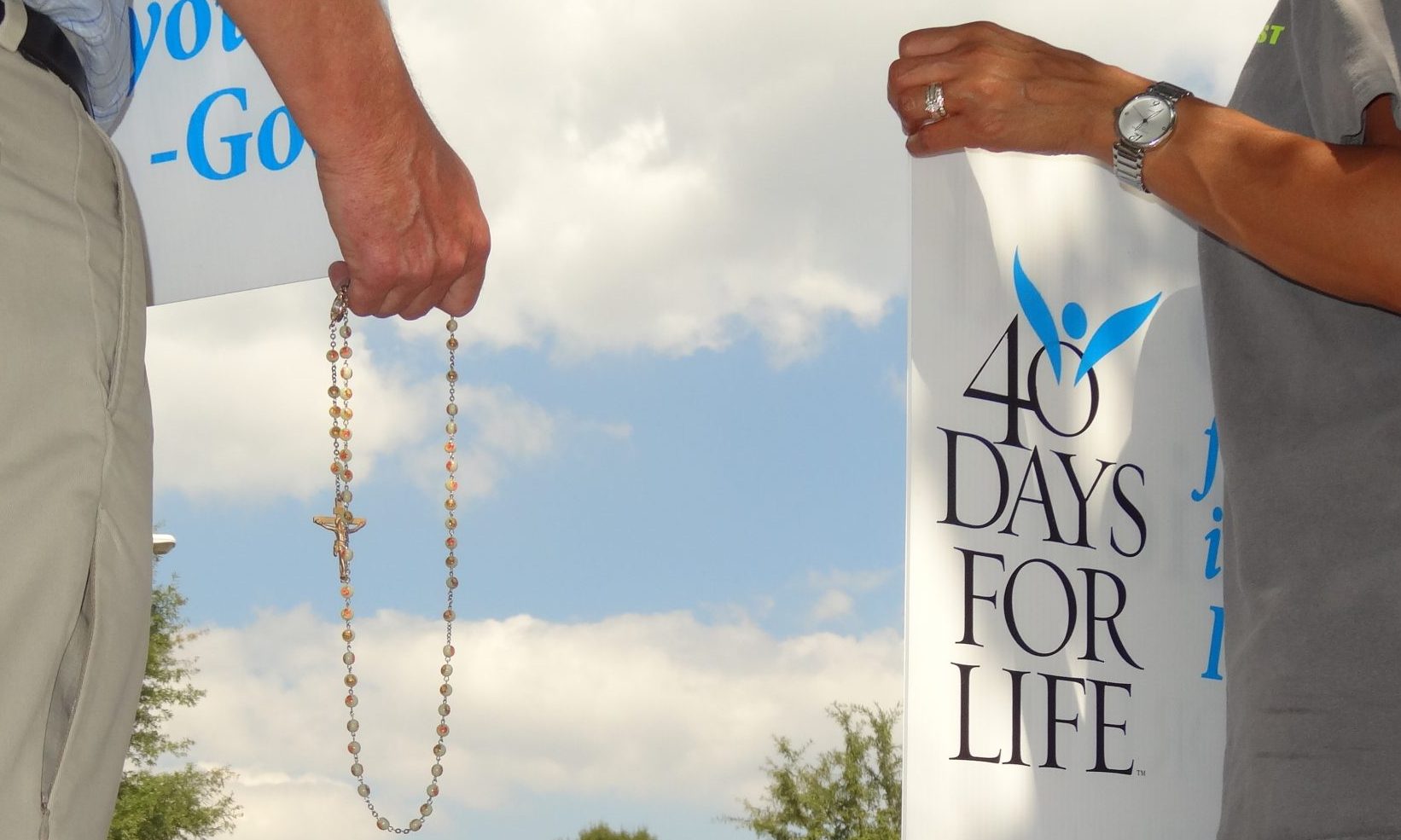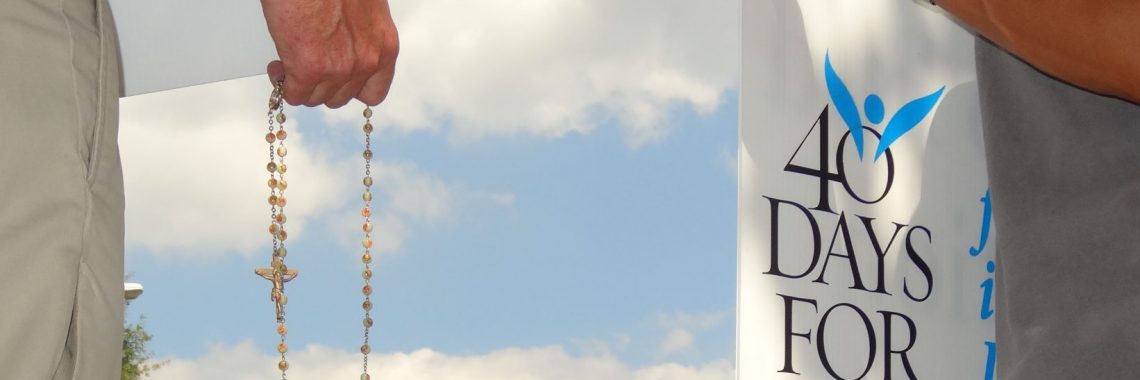Pro-Life Activists Targeted by the DOJ: Guest Column

Recently, the U.S. Department of Justice put pro-life protestors on trial for their role in a 2021 sit-in at an abortion facility in Mt. Juliet, Tennessee. Each protestor faces over a decade in prison, as well as hefty fines. America has a long history of civil disobedience and peaceful protests, but increasingly the state has grown quite selective in what is tolerated and what is condemned, and now, even convicted. Federal animus toward pro-life activism is increasing, as are examples of hostility from law enforcement. It’s especially odd when compared to the U.S. Immigration and Customs Enforcement agents who “declined to comment” about the four men who were released after beating New York police officers.
Beyond the complexities of the immigration debate and the ethics of civil disobedience, it reflects our cultural mood in which the moral status of individuals is predetermined, based on their group rather than their behavior. The more the state reflects this mood, the more elusive justice will be.
Copyright 2024 by the Colson Center for Christian Worldview. Reprinted from BreakPoint.org with permission.





